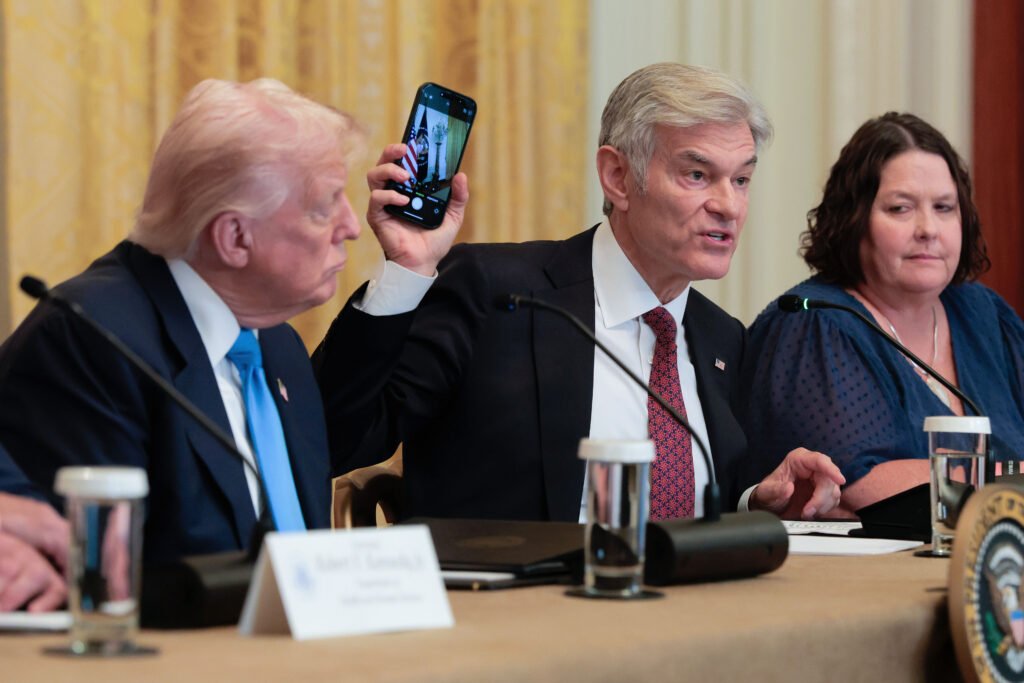The state of Louisiana recently initiated a pilot program to test new technology aimed at making it easier for Medicaid enrollees to confirm their incomes. Over 13,000 people enrolled in the program received a text message with a link to a website where they could verify their incomes. However, only 894 individuals completed the quarterly wage check, which is less than 7% of those who received the text.
The new requirements set by the Trump administration mandate that Medicaid enrollees must work, study, engage in job training, or volunteer for at least 80 hours a month. These rules are scheduled to take effect in just over a year, and officials in 42 states, along with Washington, D.C., are tasked with verifying that an estimated 18.5 million Medicaid enrollees meet these requirements. To assist with this process, federal officials have allocated $200 million to aid states in implementing the new rules.
However, concerns have been raised about the effectiveness of the pilot programs in Louisiana and Arizona. While Mehmet Oz, director of the Centers for Medicare & Medicaid Services, has praised the technology and claimed it allows individuals to verify their incomes within seven minutes, there is limited evidence to support these claims. The lack of details about the technology being tested has left state officials and health policy researchers apprehensive about the administration’s ability to assist states in implementing the work rules effectively.
Furthermore, the Trump administration’s efforts to develop these tools began under the Biden administration, and the effectiveness of the pilot programs in assisting Medicaid enrollees remains uncertain. State agencies managing benefit programs are understaffed and use outdated eligibility systems, making the task of improving them challenging.
Despite the availability of $200 million in federal funding for system upgrades, concerns persist about eligible individuals potentially losing access to Medicaid benefits due to the complexity of the new rules. Private vendors have also been working on apps to assist with eligibility verification, but there is no definitive solution to ensure eligible individuals do not lose coverage.
In conclusion, the implementation of the new Medicaid work requirements poses challenges for states and Medicaid enrollees. While efforts are being made to streamline the verification process, concerns remain about the effectiveness of the technology and the potential impact on individuals’ access to healthcare services.


